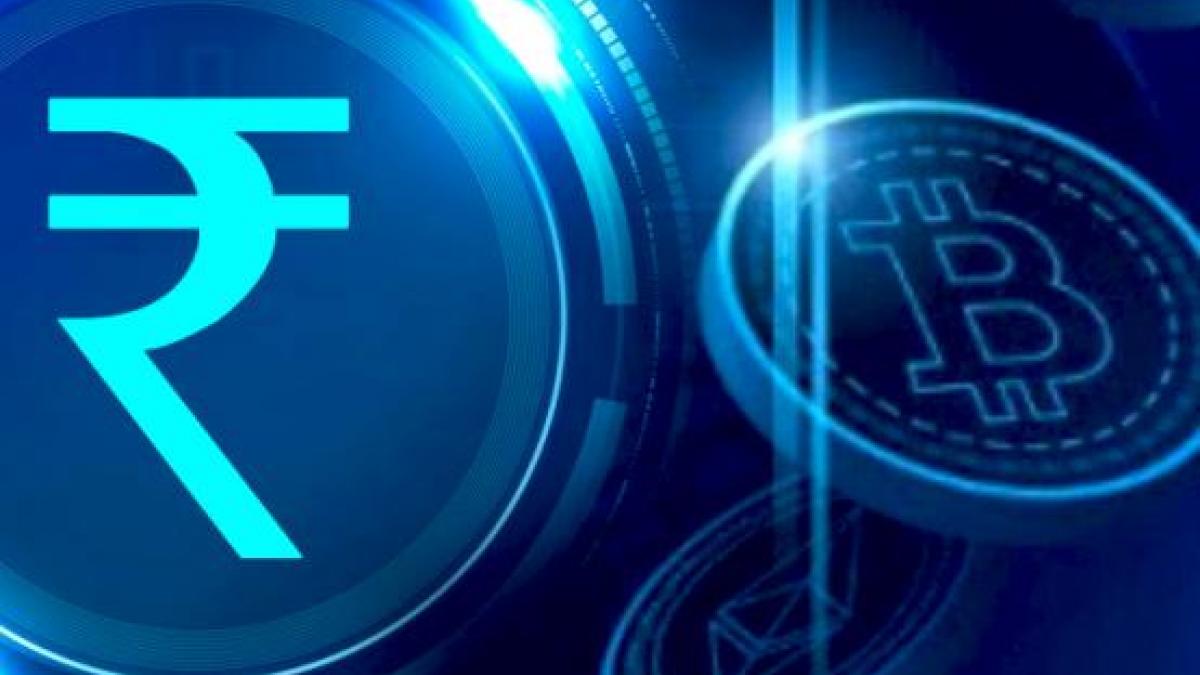E-rupee (Central Bank Digital Currency)
Context: RBI will soon commence limited pilot launches of e-rupee, or central bank digital currency (CBDC), for specific use cases.
What is e-Rupee?: It is akin to sovereign paper currency but in digital form, exchangeable at par with the existing currency and will be accepted as a medium of payment, legal tender and a safe store of value.
Features:
e-rupee appears as a liability on a central bank’s balance sheet.
e-rupee can be structured as ‘token-based’ or ‘account-based’:
A token-based CBDC: whosoever holds the tokens at a given point in time would be presumed to own them, similar to banknotes. The person receiving a token will verify that his ownership of the token is genuineMIt is preferred for retail payments.
An account-based system: would require maintenance of the record of balances and transactions of all holders of the CBDC and indicate the ownership of the monetary balances, similar to Bitcoins. An account-based CBDC, an intermediary verifies the identity of an account holder More preferred for wholesale payments.
RBI has been opposing private cryptocurrencies, stating that they are a threat to India’s macroeconomic and financial stability.
International acceptance: As of July 2022, 105 countries were exploring CBDC. Ten countries have launched CBDC, the first of which was the Bahamian Sand Dollar in 2020 and the latest was Jamaica’s JAM-DEX.
Benefits of CBDC: Bring a cultural shift towards virtual currency by reducing currency handling costs, universal access, easier Cross-Border Payments, and greater financial Inclusion.
Reduction in operational costs involved in physical cash management, fostering financial inclusion, bringing resilience, efficiency and innovation in the payments system.
Provide the public with uses that any private virtual currencies can provide, without the associated risks.
Challenges: There are privacy Concerns (RBI may hold data on the individual use of user transactions), the digital divide, low financial literacy, Faster obsolescence of technology, etc.




.jpg)
.jpg)
.jpg)
.jpg)
.jpg)





